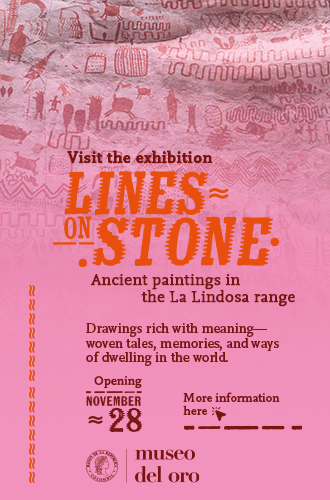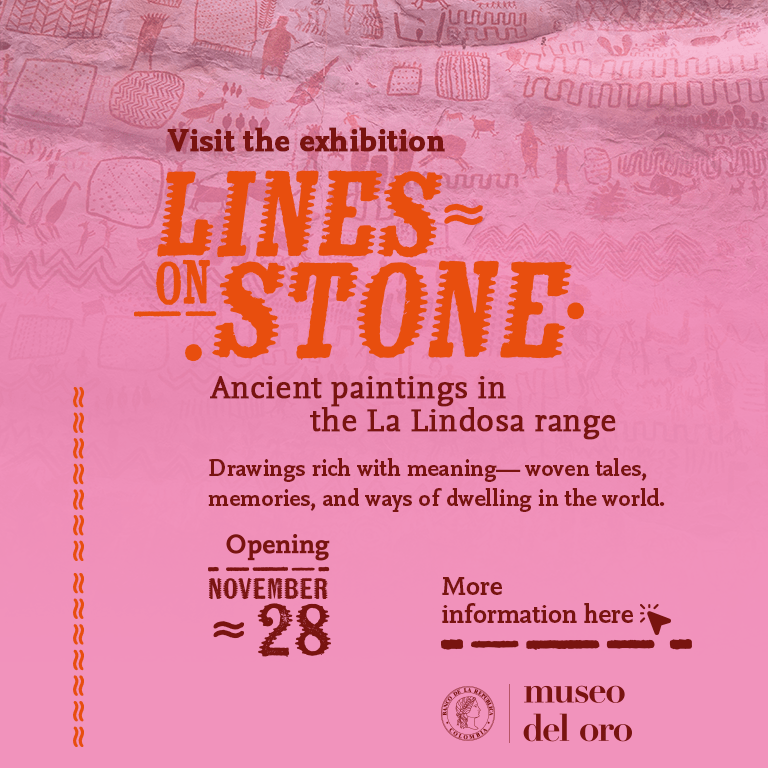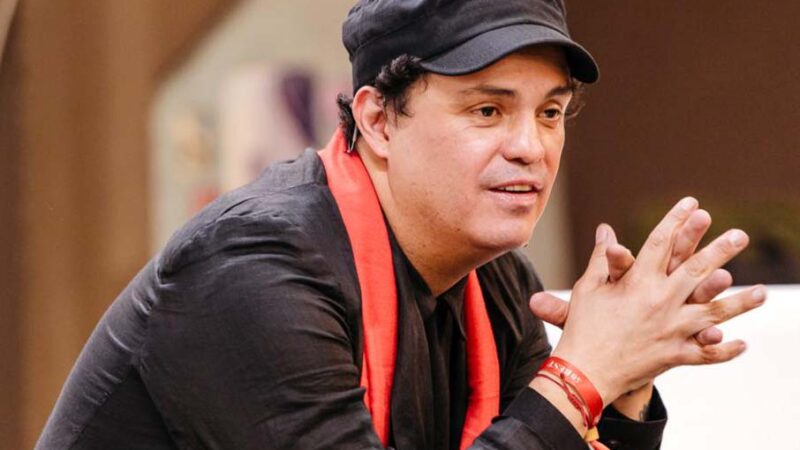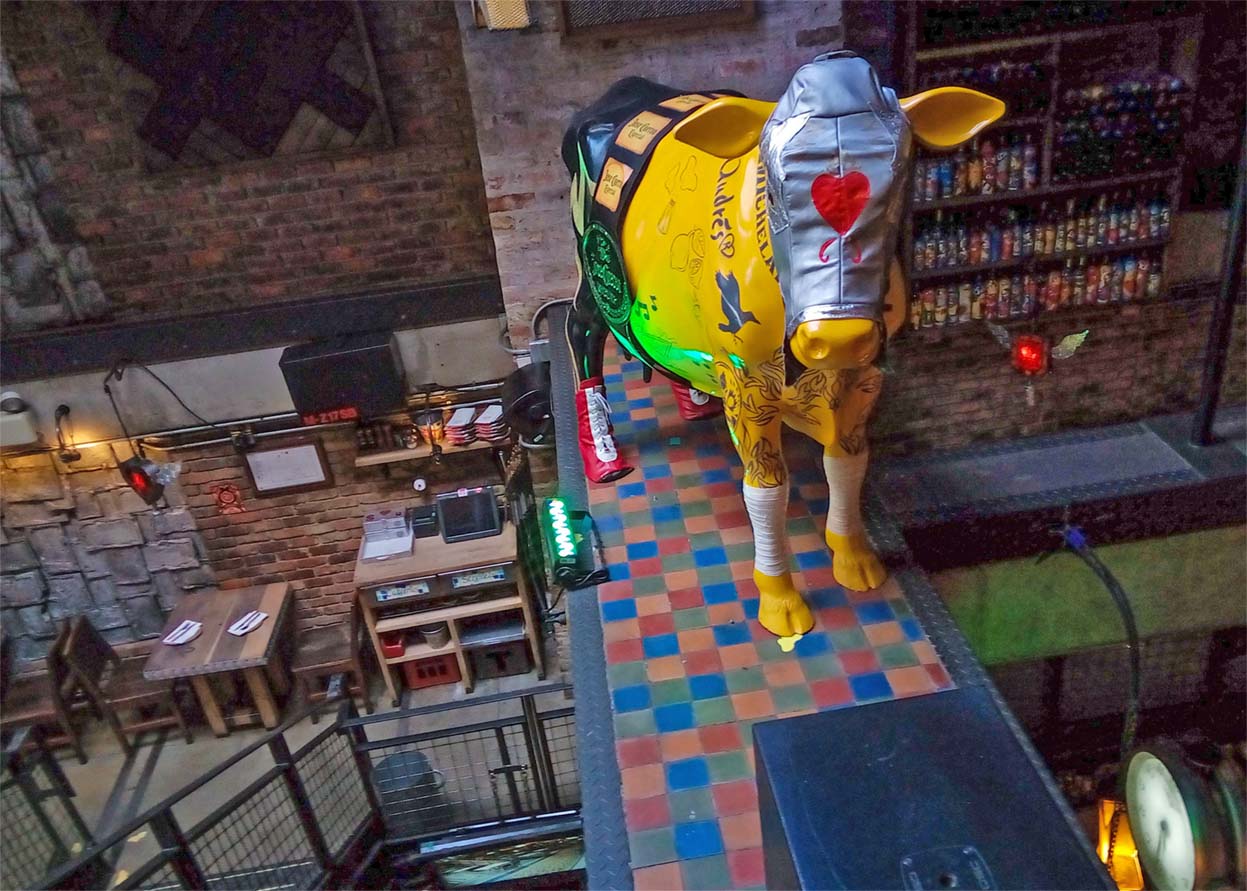
With two Michelin stars to his name, and restaurant recently voted as Best in Europe, Rasmus Munk welcomes the accolades and awards, but steers the conversation as to why Alchemist is a global reference for food sustainability. Based out of Copenhagen, Denmark, the chef and founder of a restaurant that when it opened its doors in 2015 transformed the dining experience into a cultural narrative, challenging guests with bold culinary concepts foraged from the fields of literature, visual arts, theater and astronomy.
In a first trip to South America, making a debut on the continent in Bogotá, Munk talked to The City Paper about why he accepted the invitation from Colombian chef Leo Espinosa to visit the capital of Amazonas, Leticia, and participate as the first international “chef-in-residence” of Espinosa’s Funleo foundation.
Espinosa of namesake LEO restaurant in Bogotá was named this year’s World’s Best Female Chef and her non-profit works toward raising awareness in the global food community on the necessity of Amazonian conservation and other endangered habitats. Espinosa is considered a leading expert on safeguarding ancestral cooking techniques and ingredients. Rasmus seized the opportunity to team-up with a colleague and meet the indigenous peoples of a remote community in the Colombian Amazon.
Raised on the Jutland coast, Munk at 31 years of age, envisions his role beyond the confines of territory or gastronomic labels, working for causes, and non-restaurant projects that benefit vulnerable communities, from the homeless in Copenhagen, to helping cancer-treatment patients. Munk’s philosophy that food is a path that does not end at a forest – or rainforest – is at the heart of his recent trip to Amazonas, and one that, in time, will become part of his gastronomic repertoire, served under the planetarium-style dome of Alchemist. “I just feel I am running out time,” says Rasmus. “So much of what I do is about personal growth, and I feel possibilities are endless. The restaurant right now is the way I tell stories”.
From his days at cooking school and working in several kitchens, including a canteen, the boundary pushing chef now oversees a team of 104 performers, 75 full-time employees including assistants. “Gastronomy can be used more as a art-form. We see more of what we do at Alchemist as art, than operating a restaurant,” he says.

Munk admits to being partly-naive in believing a restaurant can reverse climate change or end hunger. But that is exactly what happens beneath the Alchemist’s dome every evening with 40 clients, many having crossed continents, to eat George Orwell’s 1984 on a plate. This insignia dish reflects the Danish chef’s combination of ingredients (oscietra caviar, asparagus cream, raw fish – hamachi – pistachio) to transmit a message about invasive surveillance technology in the 21st Century. “I believe that when you have a fine dining restaurant and get Michelin stars you have created a platform to do even greater things. With all the attention one gets one can forge greater collaborations with other chefs and NGOs around the world.”
Another dish titled The Perfect Omelette – and work worthy of exhibition in MOMA – reveals Munk’s attitude of not taking himself too seriously. “I serve food to a lot of people who have more power than me,” remarks Munk on the exchange of knowledge he hopes to take away from his whirlwind Amazon trip. “Colombia is a candy shop of biodiversity, from flavors and food acidity to fruit variety.”
If ambition is an essential ingredient in the success of Alchemist, Munk has no shortage of plans for the future, including extended stays in the Amazon. “In a very serious way we are trying to connect science with art and cooking. This is our next big journey.” A promethean adventure that may defy the earthly-confines of what we know as gastronomy.
Space food for astronauts? maybe.
In the meantime, Munk’s tribal cook-up in the Amazon is a launchpad for further research and investigation. “It’s not enough in the future to just cook good food. More fine dining restaurants need to get more personal, tell their stories and create new experiences.”
Share this story
Richard Emblin
Richard Emblin is the director of The City Paper.










